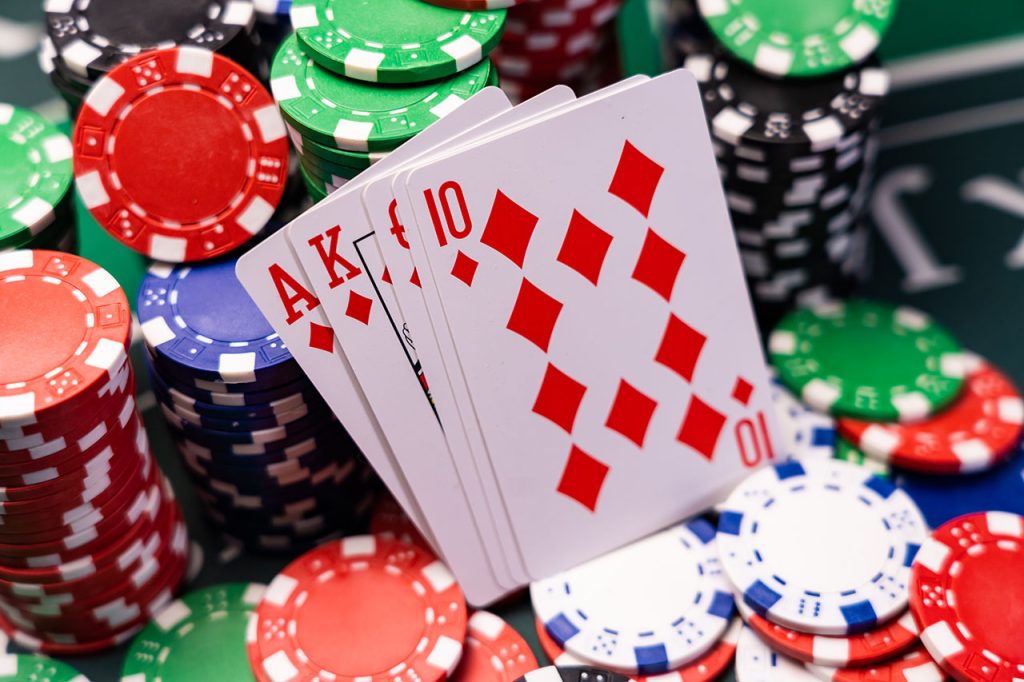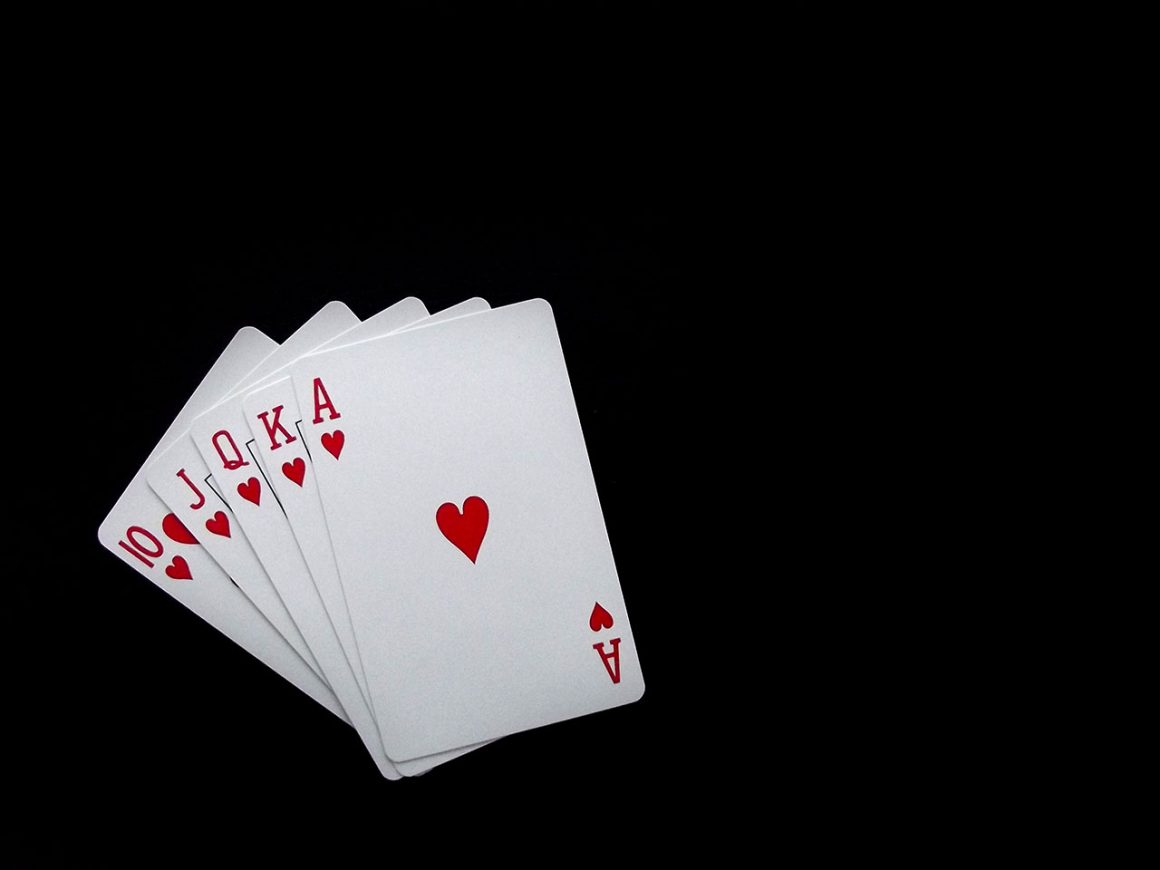Poker is a table game that fits the demands of most casino players. Despite having varying interests, players often come to an agreement when it comes down to playing poker. While the game is simple to understand, it has much more to offer than its rules. Poker is a skill-based game; only those familiar with its tactics can outsmart others. If you want to master this art and build a streak of wins, we have got you covered. This article will walk you through the poker skill development factors that can help you become a pro. Let’s dive into the details.
Why Is Poker a Skill-Based Game?
When playing poker, players face many critical situations leading to wins or losses. Despite the simple rules, the game is full of tricks and strategies that players should master for favorable outcomes. Players rely on various betting strategies and playing tactics to outsmart other players. Although not every move works in their favor, grasping the skills helps them understand every player’s position in the game.
When players have a strong hand, they play aggressively and have a better chance to turn the odds in their favor. On the contrary, weaker hands can be challenging to deal with. If you are good at bluffing, you may find a good way out of the game.
Crucial Tips for Poker Skill Development
To help you become a pro, we have covered some helpful tips for poker skill development. You can review the details and focus on applying your knowledge in the next game for better outcomes.
Know the Odds
The first thing you need is an understanding of the odds in poker. When playing against the toughest players, you may face many situations where finding the truth becomes difficult. Remember, not every player on the table has a strong hand. Knowing the odds will help you decide your moves in the game. Players often struggle to determine when to fold and what cards to play.
Evaluating the outcomes of each move quickly is an important poker skill players should have. The quicker you are, the better your stance will be. Some players take too long to decide what they need to do next. While it may give them more room for thinking, other players consider it a sign of weakness. You may want to remember this factor the next time you evaluate the outcomes before playing a card.
Read and Understand Your Opponents
Reading your opponents is not a good-to-have skill; it’s a must-have. Poker players often struggle with this part due to a lack of experience and distracted environments. Being able to read your opponents gives you the edge of playing wisely. If we quickly review the point discussed in the above section and apply it to this skill, you may easily understand what we refer to.
This time, put yourself in the opponent’s position and imagine what you would think if one of the players took too long to play a move. You would likely find them under pressure. Players can build pressure around their heads when they have weaker hands. While true, players can bluff too. The key factor you need to remember here is the ability to read your opponent when they are playing their moves. This skill can help you take advantage of others.
Stay Calm in Critical Scenarios
There are two sides to each coin. If you want to dodge good readers in a poker game, you might want to mislead them with false signals. For instance, when deciding whether to fold, you might not want others to see through you and figure out your worries in the game. Instead, you can bluff and take your chances until you run out of the possibilities of risk.
More often, new and intermediate poker players struggle with staying calm during critical game scenarios. Remember, being calm is a skill when it comes down to table games in a casino. If you aim to win big, you may develop this skill and count its fruits. Please note that such skills do not come easy. Players spend months (and sometimes years) mastering this ability. Therefore, you may continue to play and learn until you get where you need to be.
Learn to Manage Your Bankroll
Casino games and bankroll problems go hand in hand. While experts learn to stay far from gambling addiction, rookie players often lose their balance and end up impacting their financial stability. When heading to a poker table, spare a few minutes beforehand to determine how much you are willing to spend. Here, the willingness points to a safe financial margin that does not burden your expenses.
Once you set a spending limit, you may stick to it regardless of the odds. Some players follow the first part and completely change their minds after a few losses. This is mostly due to aligning spending goals with winning objectives. You may keep in mind that the spending limit should have nothing to do with your wins and losses. If you win, it is a bonus. If you lose, it may not be your day.

Opt for Aggressive Plays
Poker is an entertaining game in terms of how players handle it. Some take it calmly, while others panic in critical scenarios. If you wonder what you need to follow to be a successful poker player, the answer is aggression. Playing aggressively works more times than a player (possibly) imagines. Aggressive playing involves betting and raising when you have a good hand. While true, it also means to bluff when you have a weak hand.
The core factor you need to focus on is staying aggressive throughout the poker session. Playing aggressively has many perks. Firstly, it gives your opponents the impression that you have a strong hand. Secondly, players find it tricky to read those with aggressive stances in the game. Try it in the next game to know how it helps.
The Takeaway
The above factors highlight how you can work on your poker skill development. Following the listed tips may come in handy through your poker journey forward. If you want to stay ahead of poker tips and tricks, feel free to explore Poker 2 All and find what you need.


Leave a Reply